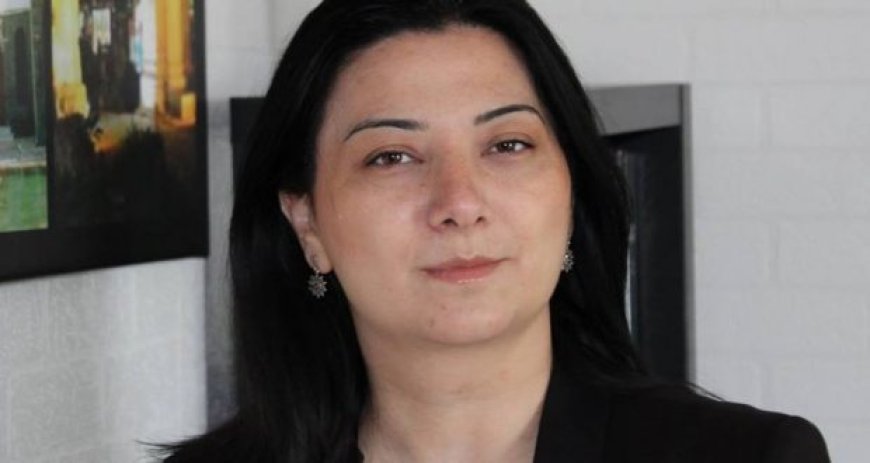Syrian opponent: without autonomous administrations;security will not be achieved for Syrians
The Syrian opponent politician, Samira Moubayed, confirmed that the Syrian crisis can only be resolved through autonomous administrations leading to a federal Syria, in her talk about what is being talked about regarding a new round in the Astana process scheduled to be held tomorrow.

In an interview with ANHA agency, Dr. Samira Moubayed stressed the need to neutralize the country from the conflict of neighboring countries in the first place to achieve the interests of the Syrians, stressing the need to bring about a radical change that “leads to building the modern state of Syria in a way that gives priority to the interests of the Syrians, and that passes through geographical autonomous administrations and neutrality towards the cultural components and nationalism, sectarianism, and others, to be a first step towards a federal Syria capable of preserving sovereignty, confronting encroachment on the rights of its people, their lands, and their resources, and defending them.”
She believed that this requires "the activation and liberalization of independent political tools, including constitutional action," warning that "anything short of that will not achieve the security of Syrian men and women, and the region will remain in a state of turmoil and insecurity, with negative global repercussions."
The Syrian opponent, Samira Moubayed, held the Astana axis and the countries intervening in the Syrian crisis responsible for deepening the crisis.
Samira Moubayed said, "The Astana conferences managed the military conflict in Syria in attempts to restore rule to Bashar al-Assad's regime in the areas that fell out of his control after the Syrian revolution."
A new round of the Astana process will be held between the 24th and 25th of January, according to what the Kazakh Foreign Ministry announced on the 19th of the same month.
She explained that this path "based mainly on military escalation, siege, and displacement, leading to the current map of influence today, in which Bashar al-Assad only rules in part of Syrian territory, while vast vital areas in the north and south of Syria have fallen out of his control and are on different paths seeking independence and ensuring security." residing within it.”
She continued in the same context, "This independence is what the countries supporting Bashar al-Assad's regime are trying to prevent by pushing their political formations to normalize relations with him and through bombing and military actions to dominate the Syrian file, in exchange for the stagnation of the political track in the United Nations as a result of its institutions not having sufficient neutrality towards the Syrian people, their rights, and favoritism the oppressive regimes that committed violations against Syrian men and women.”
The Syrian opponent saw that there are several countries seeking "to prevent the development of the region, and they are not limited to the countries of Astana, but rather to all regimes that seek to remain in power without achieving the interests of the peoples of the region."
T/ Satt.
ANHA













